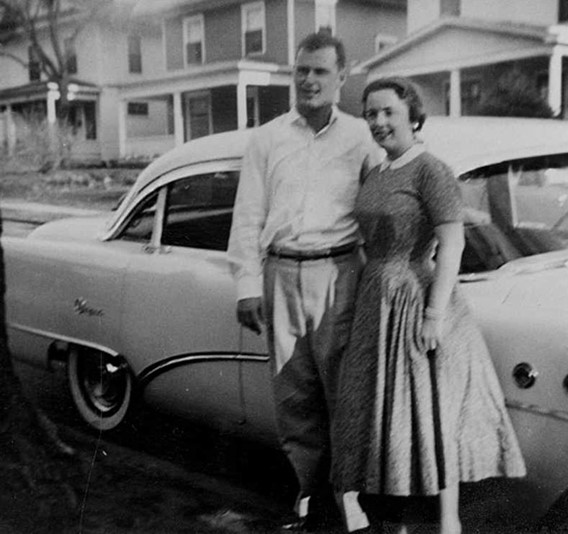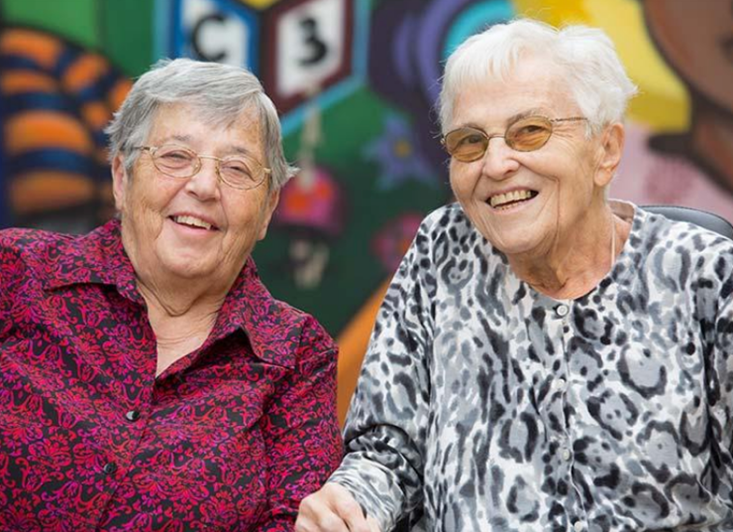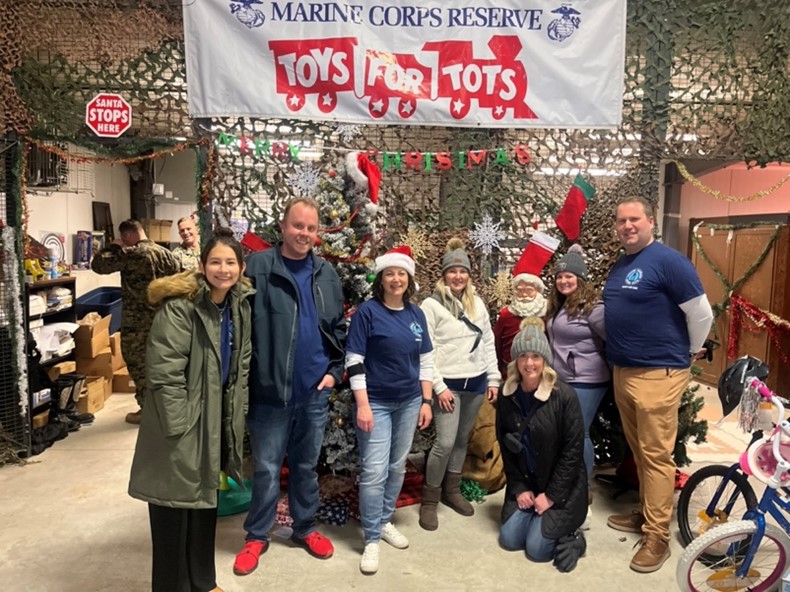 Byron grew up in a small town in the aftermath of the Great Depression, where neighbor helping neighbor, where members of the community lifting one another up, was an ingrained way of life.
Byron grew up in a small town in the aftermath of the Great Depression, where neighbor helping neighbor, where members of the community lifting one another up, was an ingrained way of life.
He carried that deep-rooted belief into his approach to business. Moving to Kansas City as a young man with no business connections or financial resources, he believed that if you build a business that supports the community, the community will support you. Even as a struggling entrepreneur, he held steadfastly to the notion that a bank could grow by supporting the personal and business dreams of others. Further, he believed that as the bank expanded, it could not only support the business needs of the community but also work to better the community itself. His personal loan to Operation Breakthrough is a case in point.
When "Belief" Is a Breakthrough. When Sister Corita Bussanmas and Sister Berta Sailer, co-founders of Operation Breakthrough, learned the Standard Oil service station at 31st and Paseo was available for lease in 1973, they saw it as an opportunity to earn money for the organization and provide work experience for the kids Operation Breakthrough served.
The only thing standing between the two sisters and the gas pump was $4,000. That’s the amount of money Standard Oil wanted for a deposit.
 Sister Berta Sailer and Sister Corita Bussanmas
Sister Berta Sailer and Sister Corita Bussanmas
After more than a dozen rejections from bankers throughout the city, the two sisters called on Byron Thompson, who was then a senior vice president at First National Bank. Knowing their prospects of securing the loan were slim to none, the sisters nonetheless shared their request with Mr. Thompson, explaining their larger vision of using the gas station to financially sustain Operation Breakthrough and continue their mission of providing childcare for the working poor.
Mr. Thompson replied, "Sisters, there's no way the bank can make this loan. But my wife and I will."
Mary Esselman, president and CEO of Operation Breakthrough said, "You could tell he believed in them."
The gas station wasn't the huge moneymaker the sisters thought it would be during the four years Operation Breakthrough leased it, but that wasn't the point.
"The point was his belief in them and their ability to serve the community by serving families in need," said Esselman. "That's what was important. The sisters never doubted their ability to carry out their mission. But when they were able to go to Mr. Thompson, and he validated their beliefs, that went a long way for them to continue to build that belief in themselves. And I look at it 50 years later, and the thousands of kids who have come through the doors. The sisters were able to translate that belief into the kids and families being able to believe in their ability to move forward too."
Although making the loan was risky, Esselman said Mr. Thompson's willingness to personally do so "tells you what kind of man he was. Just believing in them—that's the first spark. When someone believes in you, it builds your own belief in yourself and your ability to carry out the work."
She added, "If that's the kind of culture he was building the bank around, it's no wonder that it's become so successful in the community and something that is thought of really highly."
Sadly, Sisters Corita (2021) and Berta (2024) have passed, but their legacy of caring for Kansas Citians in need lives on.
Building a "Culture" of Philanthropy
Byron knew that one person can accomplish only so much working alone. So, as he grew Country Club Bank, he surrounded himself with people who shared his principles and who gave of themselves at work and in the community. Today that unwavering commitment to fostering and supporting a culture of philanthropy, to leaving a better world, is codified in formal programs at Country Club Bank that encourage associates to share their time, talents and treasures.
As the bank has grown, one of our priorities has been ensuring that the philanthropic values Byron personified are passed on to our "extended family" of associates, so that a culture of giving is preserved.
We find that encouraging philanthropy promotes our core values of integrity, achievement, compassion, teamwork and enthusiasm. Country Club Bank has leveraged its vast connections and resources to meet individuals and the community where they are, at the moment, in terms of need—giving voice to the voiceless, providing the underrepresented with a seat at the table, offering a platform to artists and other creatives to make them more visible, connecting entrepreneurs and innovators with resources, and welcoming veterans back to civilian life.
 Toys for Tots
Toys for Tots
People Matter. In keeping with Byron’s advice to "surround yourself with good people," we make a conscious effort to hire associates who have a strong sense of community, and we encourage and celebrate associates’ charitable and volunteer endeavors—by highlighting them in our internal newsletter, on social media and in other ways.
Intentionality. We have an internal charitable committee that oversees sponsorships and donations, with nearly 200 agencies receiving charitable contributions from the bank even during the pandemic when many organizations were cutting back on donations.
Though the range of organizations the bank supports is diverse—encompassing education, health, the arts and social services—a special focus is placed on nonprofit organizations serving women, children and families, particularly programs that have generational impact.
Building Relationships. We invite representatives from local nonprofits to our monthly all-team meetings so associates can meet them and hear firsthand about their missions and the impact they make on the community.
As a result of these efforts, a philanthropic mindset is rooted in the daily culture of our CCB family of associates. These values built the foundation of Country Club Bank, and they continue to build it today, a reminder from Byron to "do well, and do good."